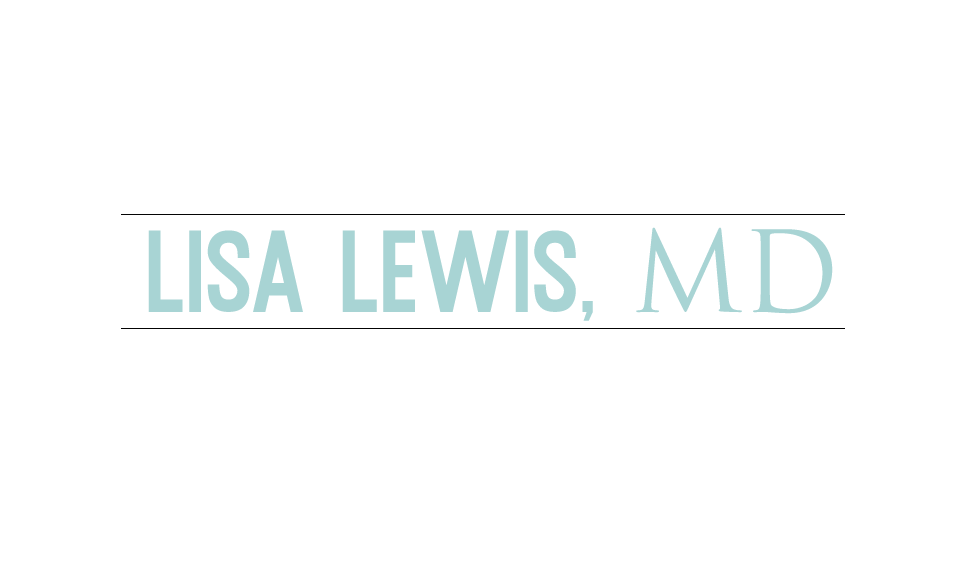All About Measles and the MMR Vaccine
It’s no secret that measles is on the rise in the United States.
Measles is highly contagious. Children with measles may get a high fever, a sore throat, red eyes and a runny nose. Later a red rash develops. This rash starts on the head and spreads, plus has a distinctive appearance consistent with measles. Additionally, ill persons with measles can face serious complications such as pneumonia, swelling of the brain (encephalitis), or death.
The best prevention for measles is the MMR (Measles, Mumps, and Rubella) vaccine. According to Dr. Jane Seward, a medical epidemiologist at the Centers for Disease Control and Prevention (CDC), “Before the use of the measles vaccine in the United States, measles caused death and disability. In the decade before the measles vaccination program began, an estimated 3-4 million people in the United States were infected each year, of whom 400-500 died, 48,000 were hospitalized, and another 4000 developed chronic disability from measles encephalitis. Following the introduction of measles vaccine in the United States, measles cases declined dramatically.”
The MMR vaccine triple protects and covers three diseases – Measles, Mumps, and Rubella. Just two doses of MMR give 97% protection to prevent measles. Only one vaccine provides 93% protection. What, you ask, about the other 3-7% chance my child may get measles if vaccinated? If most of your community is vaccinated, then your child’s risk of contracting measles is very low. This what herd immunity does for your child. Herd immunity is vaccinating your family to protect yourselves and others in the community.
Getting measles is much worse than getting the MMR vaccine. Common side effects of the MMR vaccine are pain at the injection site, fever, a mild rash or stiffness in joints. Very rarely, MMR can cause serious allergic reactions or seizure with fever. A severe rare allergic reaction to the vaccine can cause death, but the risk of vaccine complications is much lower than the benefit of the vaccine.
The MMR vaccine is typically given at age 12 months, then again between ages 4 and 6. The MMR vaccine does not cause autism. Research has shown that autism has a genetic link. Could anything in our environment trigger autism? Maybe. But there’s no evidence the trigger is the MMR or any other vaccine.
In 2017, the World Health Organization has tracked measles in Africa, the Americas, Europe, South-East Asia, the Western Pacific and Eastern Mediterranean regions. If you or your family travel abroad, talk to your pediatrician about any vaccine needs. A possible MMR booster or early first vaccine for babies may be necessary.
If you’d like to read more about measles and the vaccine, you can find information from the CDC.



